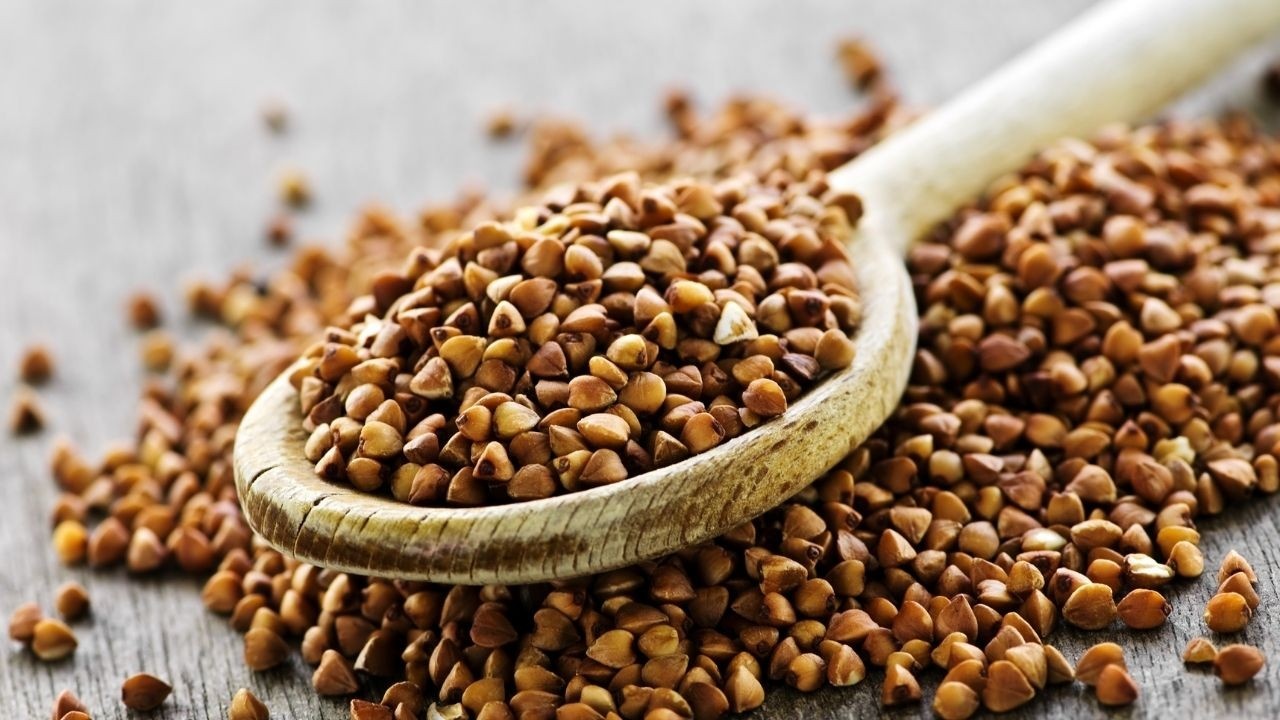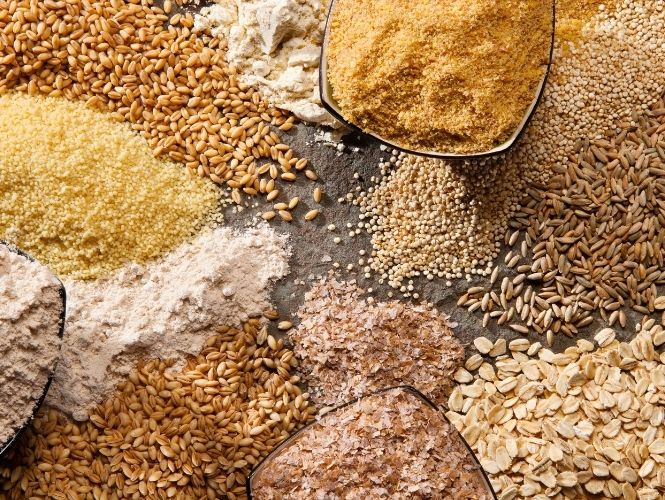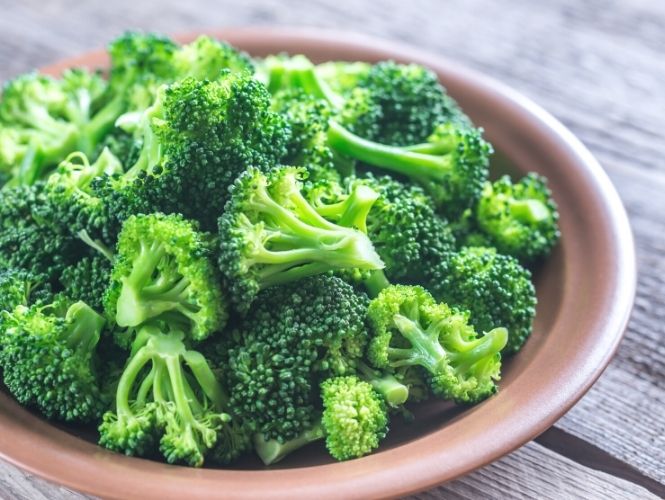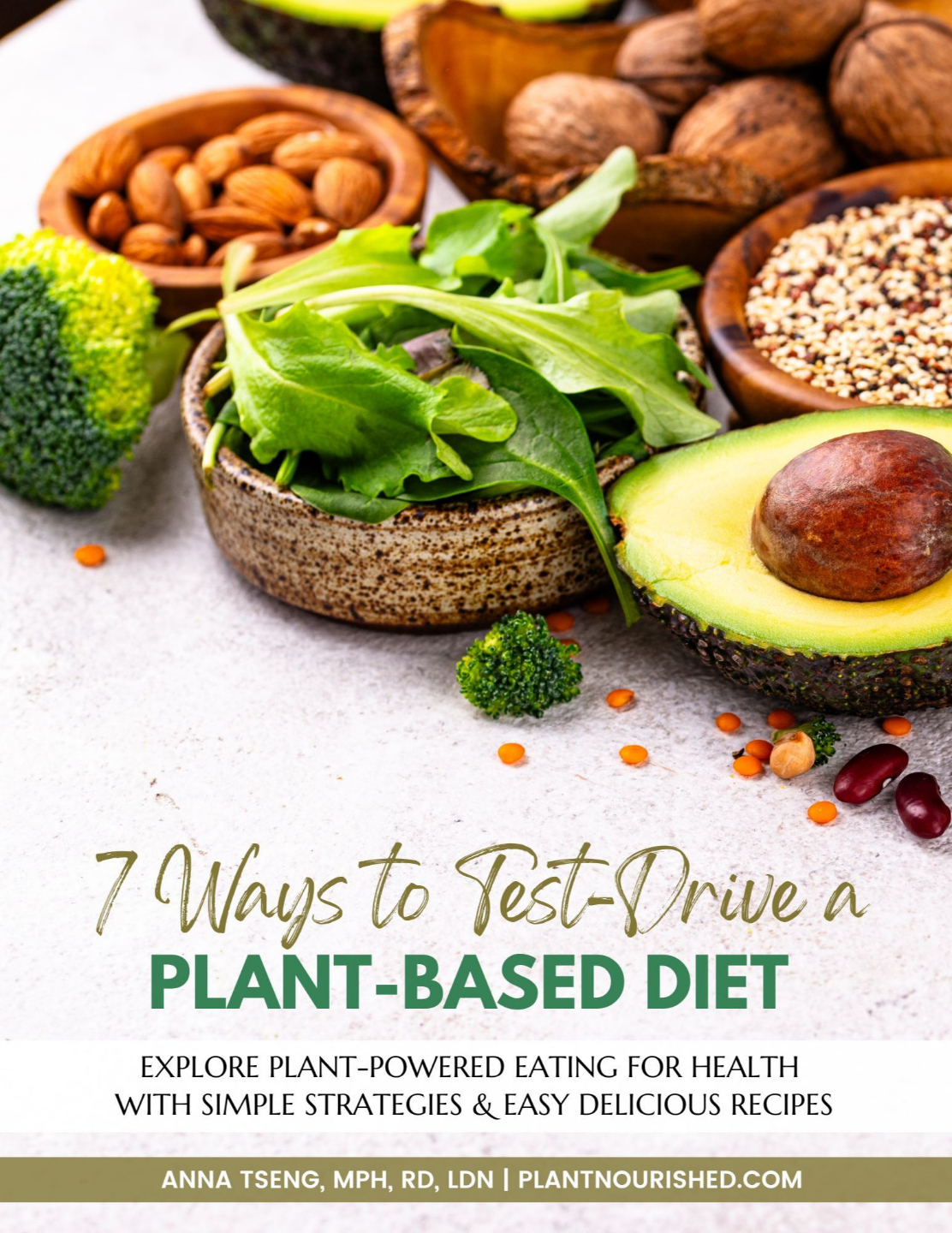Are Whole Grains Good For You? Top Myths Debunked!
Apr 18, 2022
You may have heard that whole grains are a key part of a whole food plant-based diet but are wondering if eating whole grains is actually healthy for you. For example, you may have heard that whole grains are too high in carbs and cause weight gain, or you may be on a gluten-free diet and you’re not sure if there are any whole grains that are gluten-free. As it turns out, there are some common myths about whole grains floating around, so I wanted to address them here. Let’s take a deeper dive into the benefits of whole grains and see what the top myths surrounding them are!
Myth #1 – Whole Grains Don’t Provide Much Nutrients
Have you thought this yourself? Some people feel that whole grains don’t contain much nutrition, so they don’t need to eat much of them (if at all). So are whole grains worth eating? And what’s the difference between whole grains vs. refined grains?
Fact: The term ‘whole grains’ means that these grains contain the complete grain kernel, with its 3 main parts (the bran, germ, and endosperm). That’s why when you eat whole grains, you benefit from many nutrients such as fiber, protein, key vitamins, minerals, phytochemicals, and antioxidants. In contrast, refined grains (like white rice and white flour) are the processed milled versions containing only the endosperm, and are therefore less nutritious. This is one of the reasons why it is recommended to eat nutrient-rich whole grains over refined grains.

Myth #2 – All Whole Grains Contain Gluten
If you’re starting on a plant-based diet but need to restrict gluten, you may be thinking you need to cut out whole grains as an entire category from your diet as you’re not sure if all whole grains are gluten-free. But thinking this way will severely limit the variety you can have on your plant-based diet, compromise your nutrient and ultimately impact your enjoyment of this way of eating.
Fact: This is only partially true. Although there are many whole grains that DO contain gluten and should be avoided by those on a gluten-free diet, there are also plenty of natural whole grain gluten-free options available as an alternative!
Some examples of whole grains that contain gluten are wheat, farro, bulgur wheat, barley, rye and spelt. On the other hand, whole grains that are gluten-free include brown rice, corn, quinoa, certified gluten-free oats, buckwheat and wild rice. So by including these gluten-free whole grains in your meals, you can optimize the variety and nutrition of your plant-based diet.
As you can see, not all whole grains contain gluten. Even if you need to be on a gluten-free diet, there are many whole grains that are gluten-free that you can enjoy.

Myth #3: Whole Grains Are Too High in Carbs
This is a common misperception. Just the words ‘whole grains’ may turn many people off…especially those who have previously been on low carbohydrate diets. The idea of eating whole grains feels like it’ll be too high in carbohydrates and cause weight gain, which won’t be good for you…right? Here’s the truth on this below!
Fact: Whole grains are actually rich in complex carbohydrates like fiber and starch. This means that these carbohydrates get digested slower in our bodies, and don’t raise our blood sugar levels as drastically and rapidly as foods high in simple carbohydrates. In contrast, highly processed commercial products with added refined sugar are high in simple carbohydrates which are not as beneficial to our bodies, because they get digested quickly and tend to cause a ‘crashing sensation’ afterward as our blood sugar level rises quickly then drops soon after.
So eating whole grains is still the best for our blood sugar levels and for overall health! And since whole grains are rich in the complex carbohydrates starch and fiber, they actually satisfy us and make us fuller for longer. Studies have been done showing that those on a high fiber whole food plant-based diet are able to eat without limits yet still lose weight because they report feeling satisfied with meals and are overall still eating fewer calories. For example, in one 16-week clinical trial, those randomized to follow a high-carbohydrate, low-fat vegan diet still lost a significant amount of weight, compared to those on the control diet.
Note though that the more a whole grain gets processed (e.g., think of puffed whole grains), the more nutrients get lost. So, for the best health, choose intact whole grains (having only had their inedible hulls removed) as much as possible.
I hope you now feel more comfortable including nutrient-rich whole grains regularly in your meals!
Source:
Kahleova H, Dort S, Holubkov R, Barnard ND. A Plant-Based High-Carbohydrate, Low-Fat Diet in Overweight Individuals in a 16-Week Randomized Clinical Trial: The Role of Carbohydrates. Nutrients. 2018 Sep 14;10(9):1302.
Before You Go, Grab this FREE Resource
If you’re wanting to learn how to start plant-based eating or to begin a whole food plant-based diet, grab this FREE resource “Beginner’s Quick Guide to Must-Know Plant-Based Diet Basics” to help you on your journey.
This FREE guide gives you the essentials you need to get started, including key terms to know about, rich plant-based sources of nutrients, and some top budget money-saving tips. This guide is perfect for all beginners interested in transitioning to a plant-based diet. So grab this guide if you’re looking for tips for eating a plant-based diet for beginners!



